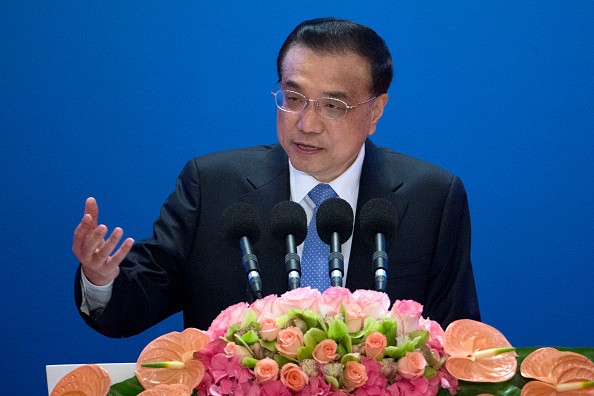Chinese Premier Li Keqiang has pushed for more efforts to further human-centered urbanization in China in order to improve livelihoods and boost the country’s beleaguered slumping economy.
"China's greatest development potential lies in urbanization," Li said in a statement issued on Sunday following an executive meeting of China's State Council on Friday.
As a project that has significant bearing on improving people's livelihoods, urbanization is also conducive to promote effective investment and consumption, the statement said, adding that, in turn, this will lead to a more coordinated development between cities and rural areas of the nation.
The government has also vowed to make it easier for citizens residing in the countryside to become officially recognized urban residents. With the exception of select megacities, restrictions on hukou, or China's registered permit residence, in cities will be "fully liberalized" for university graduates, skilled workers, and students returning from studies overseas, according to Sina on Sunday.
A regulation that upgrades "residence permit" management, which was announced by the State Council in December the previous year and rolled out earlier this month, will ensure city residents that have yet to secure their hukou to gain access to basic public services including education, employment, medical care and legal assistance, the statement said.
The government will speed up renovation of shantytowns and dilapidated buildings. Policies supporting shantytown renovations will be expanded to cover major towns across the country. Private capital is encouraged to contribute to the building of roads and underground pipelines.
China will also spread out the pilot areas for a "new type" of urbanization to encourage the development of medium and small cities. Pilot projects will be implemented in towns that have a population reaching more than 100,000 that will enable them to have a county-level administration authority, according to the statement.



























